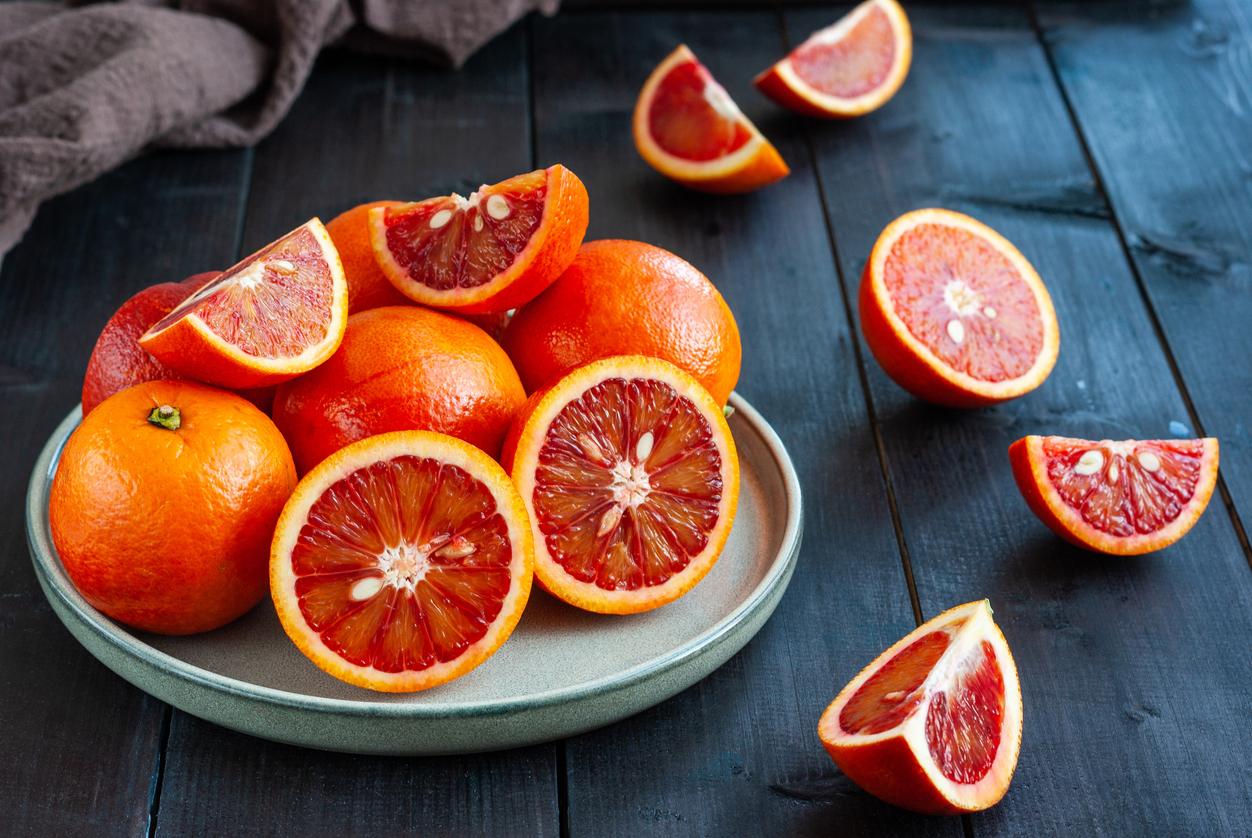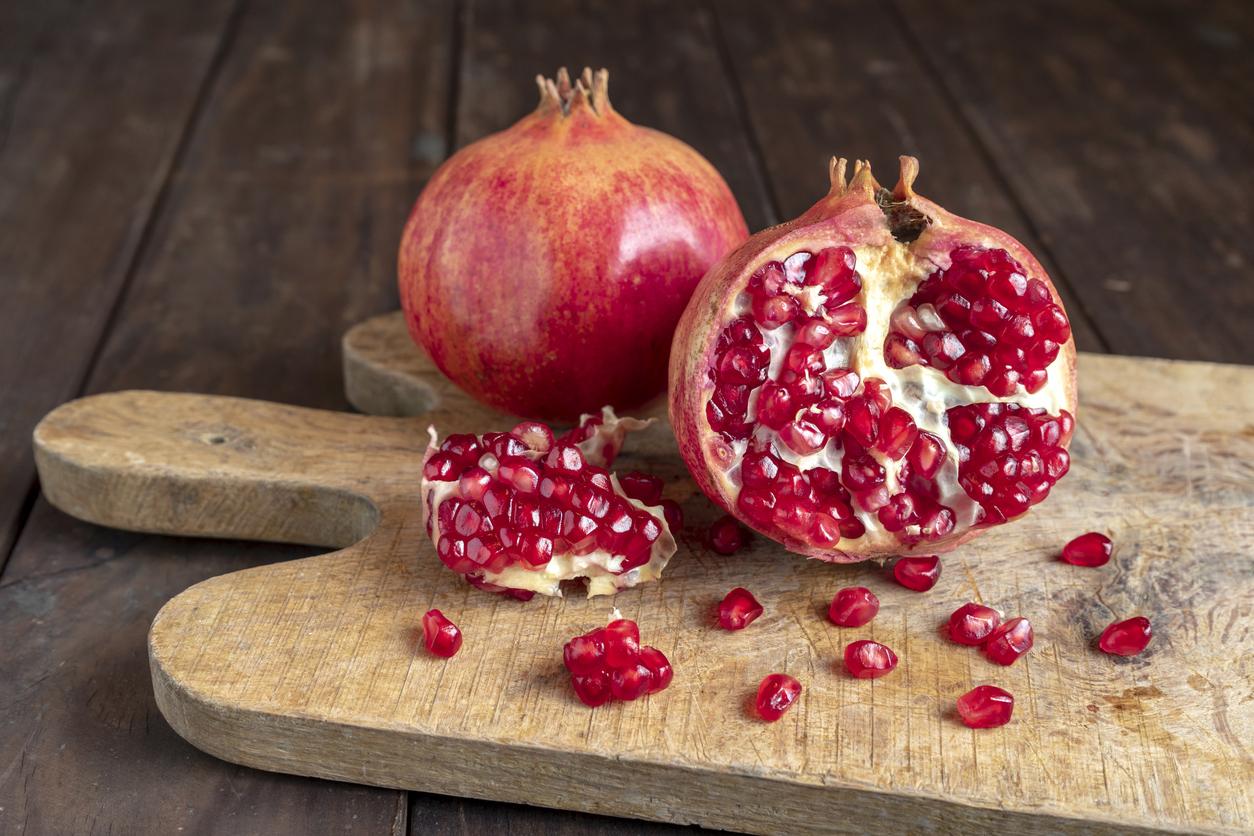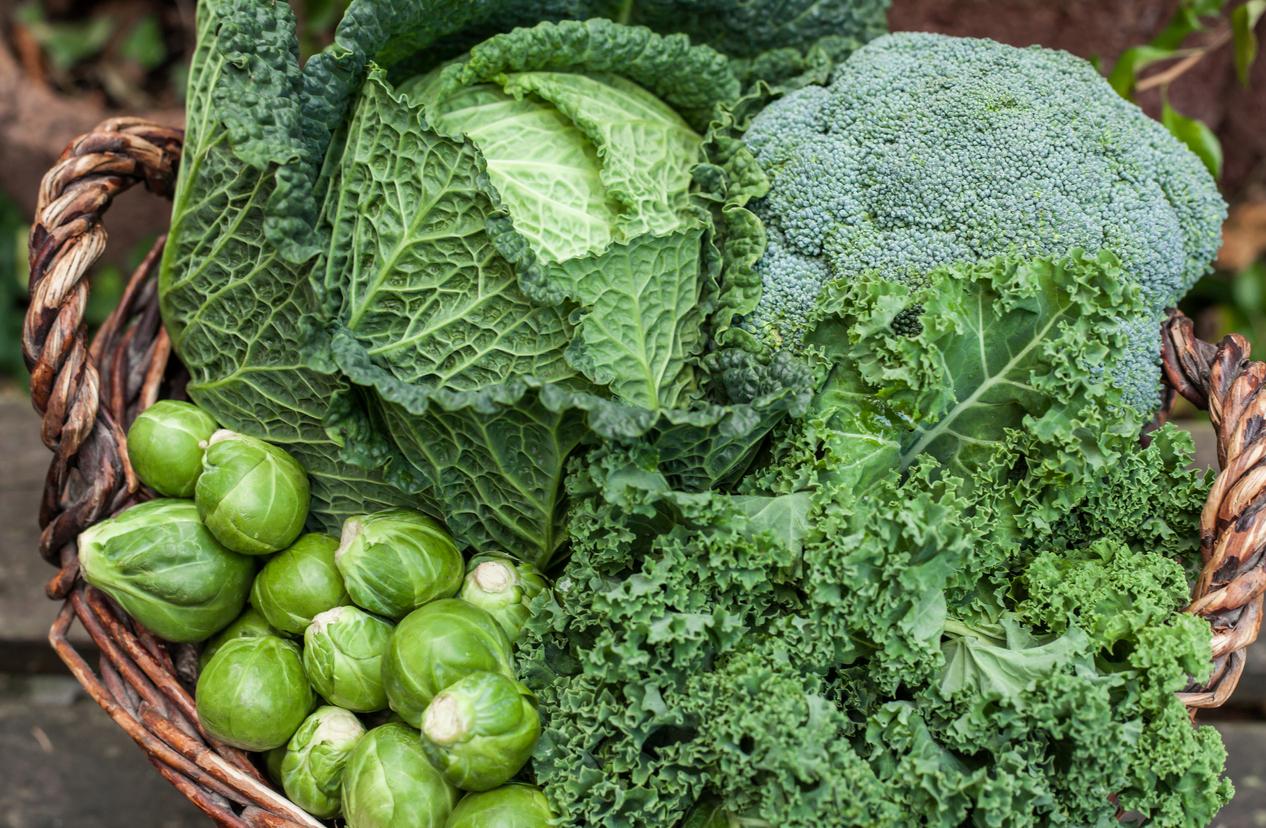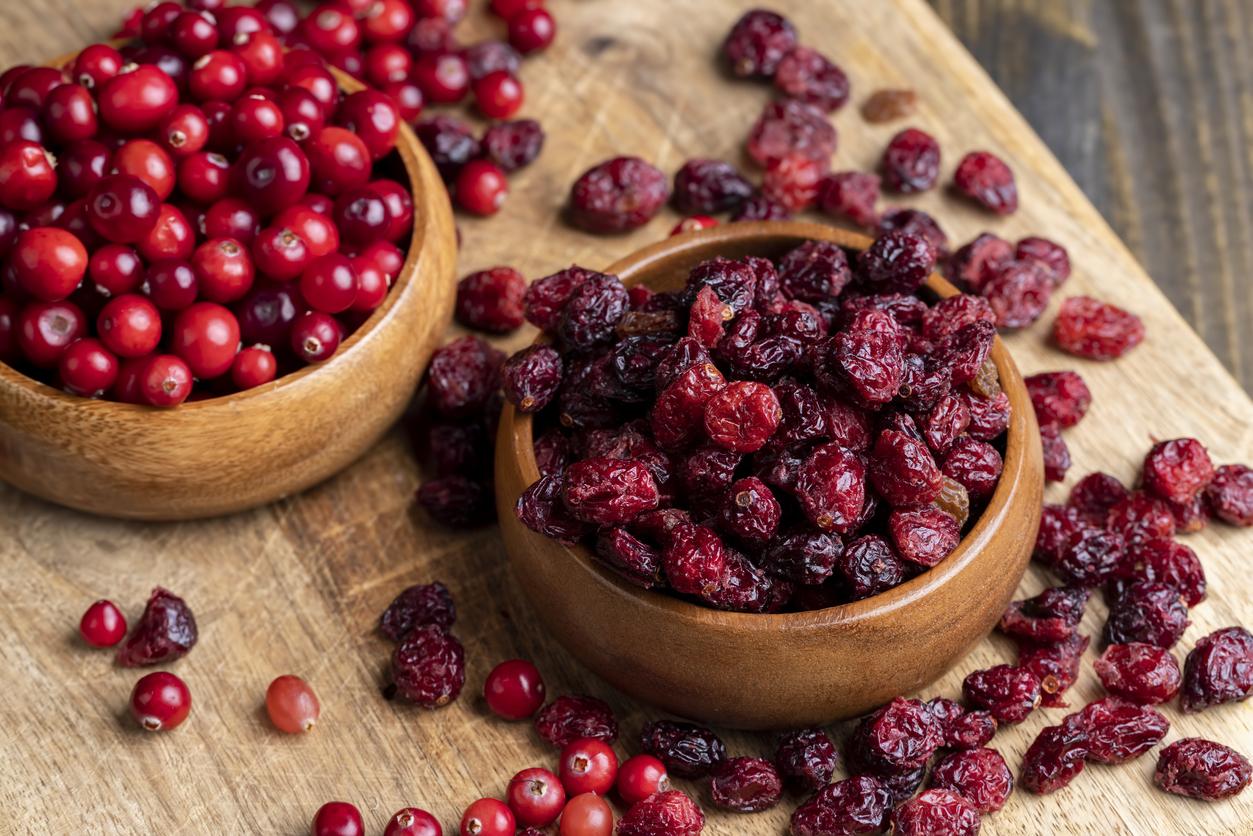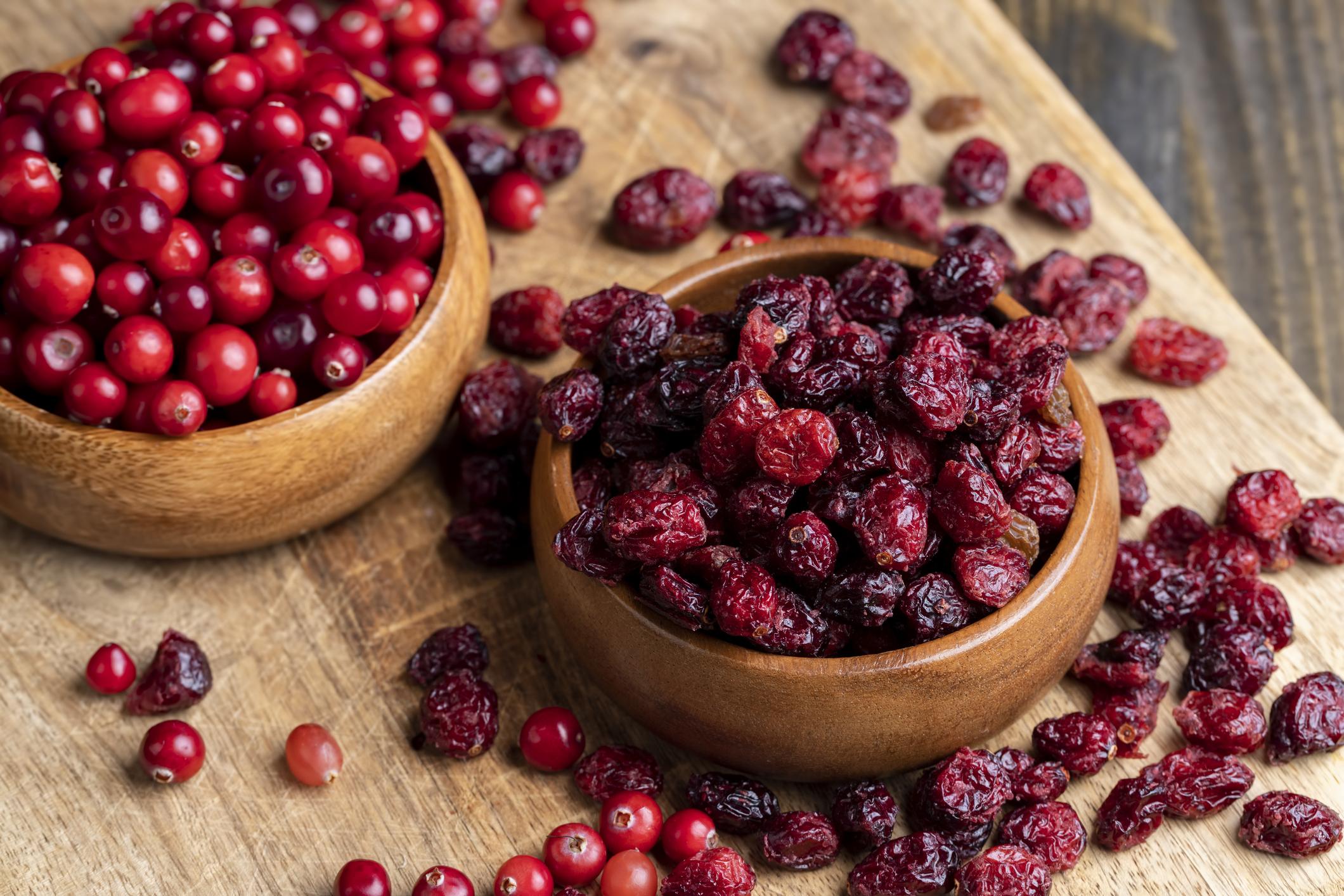The cranberry would not be useful against urinary infections only, but also favorable to the microbiota, the heart and the brain. An announcement to be taken with caution.
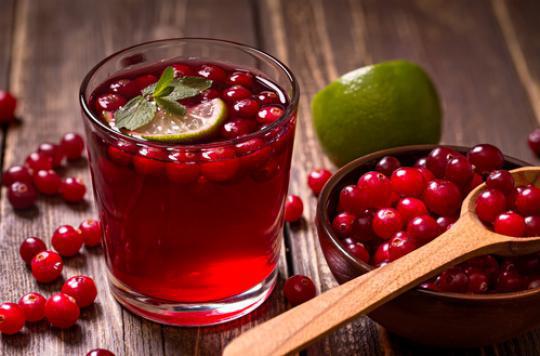
Tangy, round and pink, this berry is getting a lot of attention. It is also the subject of heated debate. In juice, fresh or dried, the cranberry would be beneficial to fight urinary infections… but not only. According to a meta-analysis published in Advances in Nutrition, this North American fruit could also benefit the intestinal flora, the immune system, the heart and the brain!
This work, funded by the Cranberry Institute (1), is particularly flattering with regard to cranberries. Animal studies or in vitro in support, the signatories report very broad effects of the fruit on health. Far from stopping at the benefits against urinary tract infection, they go so far as to protect the heart. In question, according to them, the polyphenols contained in the berry. “It has been established that cranberries are among the berries rich in polyphenols, which are good for the health”, summarizes Jeffrey Blumberg, first author.
“An expensive placebo”
The interaction of polyphenols with other bioactive compounds would explain the protective effects of cranberry for the cardiovascular system and immune function, but also for metabolism. Professor Jean-Paul Stahl, infectious disease specialist at Grenoble University Hospital (Isère), is more circumspect in the face of such assertions. “A drug that works for everything generally raises suspicion,” he tempers. Apart from eating properly, nothing strengthens the immune system. “
And yet: cranberry juice would go so far as to improve the control of blood glucose levels by the body. In any case, this is what the authors argue, forgetting the high sugar content of the fruit juices in question. 100 ml of the best-known juice from concentrate on the market thus contains 11 grams of sugar.
The bioactive compounds of the pink berry can strengthen the defenses of the intestinal microbiota, continue the authors. Here again, the literature is not sufficient to decide. It is probably not the antioxidant content of cranberries that will convince Pr Stahl. “An expensive placebo,” he says. We must avoid dangling magical effects, adds the Isère infectious disease specialist. There is a big trend for antioxidants, but nothing concrete. “
The UTI debate
The best-documented area of cranberry is its effects against urinary tract infections. Documented, of course, but divided. The famous Cochrane Review, a benchmark in the field, concluded in 2012 that “slightly fewer urinary tract infections occur in people consuming cranberry compared to a placebo or no treatment, but this result is not significant. Fruit juice is simply out of the equation: it has no particular effect.
Capsules and supplements do not deliver much more convincing results. They are ineffective, says the review, probably due to a too low concentration of active products. “There is no real consensus, admits Jean-Paul Stahl. It’s fruit juice: neither good nor bad. The demonstration of its effectiveness is not obvious. “
ANSM approved
The cranberry remains however a fruit widely consumed during the first symptoms and in prevention of recurrence. “Faced with a recurrent urinary tract infection, with few solutions, I would not oppose a traditional solution, abounds Jean-Paul Stahl. But more scientific validation is needed to claim that this is a systematic treatment. »So myth or reality? This grandmother’s remedy does indeed have an action against bacteria. The Polytechnic Institute of Worcester (Massachusetts, United States) has just published a study in Food & Function which specifies the mechanism.
The flavonols, contained in the berry, reduce the capacity ofE. coli to adhere to human tissue and proliferate. This bacteria is the main cause of urinary tract infections. At a time of antibiotic resistance, researchers hope to be able to learn from this small fruit.
Without going as far as the ultimate weapon against antibiotic resistance, cranberries have in any case received the approval of theNational Medicines Safety Agency (ANSM). “The claim” contributes to decrease the binding of certain bacteria E.coli on the walls of the urinary tract “is acceptable only for the juice of the fruit of the plant Vaccinum macrocorpon and the powder of the juice of the fruit of this plant”, slice all likewise the 2004 document.
(1) The Cranberry Institute is a non-profit organization founded in 1951 to increase the profits of cranberry growers and manufacturers who market them “through research on health, agriculture and the environment”. It is funded in particular by Ocean Spray, Fruit d’Or and Perfect Berries.
.










